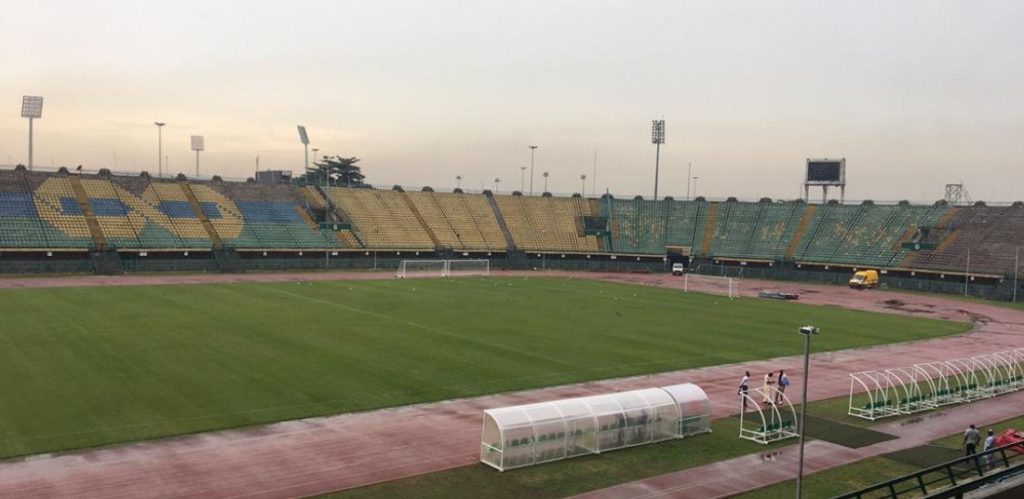Paragraph 1: Renovation Efforts and Facility Closure Impacts
The Lagos State Government embarked on an ambitious renovation project in 2022, targeting key sporting venues like the Teslim Balogun Stadium, Agege Stadium, and other smaller facilities across the state. However, the prolonged closure of these facilities has created a strain on the Mobolaji Johnson Arena in Onikan, which has had to bear the brunt of hosting various sporting events. This increased demand on a single venue underscores the urgency of completing the renovations and bringing the other stadiums back online to distribute the load and cater to the growing sporting needs of Lagos.
Paragraph 2: Government’s Commitment and Timeline for Completion
Despite the delays, the Lagos State Government, through the Director-General of the Lagos State Sports Commission, Lekan Fatodu, has reaffirmed its dedication to the project and assured the public of the imminent reopening of these facilities. The government emphasizes its broader commitment to sports development, highlighting the renovations as a crucial step towards this goal. Fatodu indicated that the Teslim Balogun Stadium, complete with its renovated eight-lane track, and the Agege Stadium, overseen by the same contractor, are both expected to be operational within the next few months. This timeline, while still somewhat broad, provides a glimmer of hope for athletes and sports enthusiasts eager to utilize these upgraded venues.
Paragraph 3: Expanding Sports Infrastructure Beyond Main Stadiums
Beyond the major stadiums, the state government has also prioritized the development of smaller sporting facilities. Eight mini-stadiums are currently under construction, with three nearing completion in Ifako Ijaiye, Igbogbo, and Araromi. This decentralized approach to sports infrastructure development aims to broaden access to sporting facilities across the state, fostering grassroots participation and talent development. This initiative reflects the government’s commitment to creating a more inclusive and vibrant sporting landscape in Lagos.
Paragraph 4: The Significance of Teslim Balogun Stadium
The Teslim Balogun Stadium, with its 24,000-person capacity, holds a significant place in Nigerian sports history. Opened in 2007, it served as a prominent venue for the 2009 U-17 FIFA World Cup, hosting five matches, including a memorable semi-final victory for Nigeria against Spain. While once considered a potential home ground for the Super Eagles, the national team has not played there since a match against Lesotho in March 2021. The renovations are expected to restore the stadium’s prominence and potentially attract more high-profile events.
Paragraph 5: The Role of Agege Stadium in Local Football
The Agege Stadium, despite its smaller 4,000-person capacity, plays a vital role in local football. It served as the home ground for the now-defunct MFM FC in the Nigerian league. The stadium’s closure for rehabilitation over the past four years has left a void in the local football scene, highlighting its significance as a community hub. The completion of renovations will not only revive the stadium but also contribute to the resurgence of local football activities.
Paragraph 6: A Holistic Approach to Sports Development
The Lagos State Government’s commitment to renovating these stadiums and developing new sporting facilities signals a broader strategy to elevate sports in the region. From the reopening of the Olympic-size swimming pool at Rowe Park, aimed at nurturing future Olympians, to the construction of mini-stadiums across the state, the government is investing in a multi-faceted approach to sports development. These initiatives aim to create opportunities for athletes at all levels, from grassroots participation to elite competitions, ultimately enriching the sporting culture of Lagos State.














